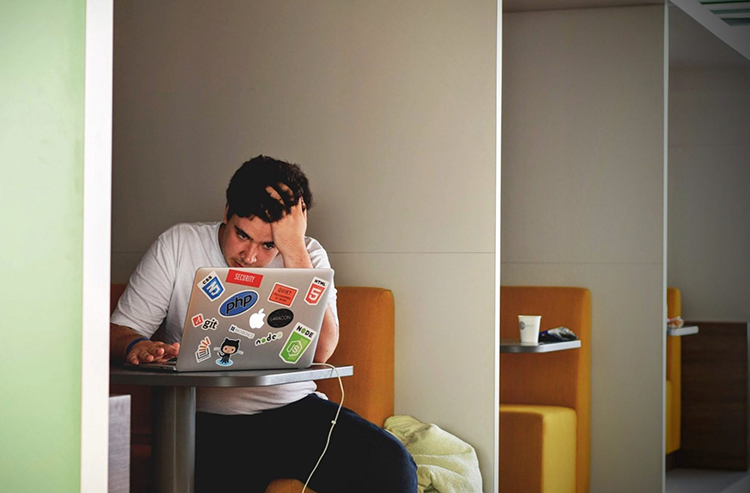In response to current concerns on the ways health risk related to COVID-19 negatively affects individuals’ mental wellbeing, in turn reducing perceived efficiency at work, Dr Michael Koch, Lecturer in Human Resource Management and Organisational Behaviour at Kent Business School, reveals the dangers of this and what must be done to rectify the ongoing damage.
‘The COVID-19 pandemic affects countless people. Yet, our understanding of its impact on mental well-being and work especially among the self-employed is limited. These individuals are among the most economically vulnerable given that COVID-19 has disrupted businesses, leading to business shutdowns and bankruptcies.
‘Our latest research, from a representative British survey (over 5,000 individuals) of reactions to the COVID-19 pandemic, has revealed that mental well-being, self-employment status and gender jointly interact in reducing perceived efficiency at work, with self-employed women experiencing the strongest decline in efficiency.
‘This tells us that improving mental well-being helps to maintain work productivity, in particular for self-employed individuals. Availability of mental health support is crucial for maintaining mental well-being, though adequate access to this support is often not available, despite potentially helping to diminish COVID-19’s impact on wellbeing and work productivity.
“Mental Health Support”
‘Self-employed individuals would benefit from mental health support and targeted efforts to encourage help-seeking behaviour, and governments and small business federations should increase efforts to make support available to the self-employed.
‘Additionally, all individuals, self-employed or not, must replenish their psychological resources to maintain efficiency. This can be achieved with sufficient sleep, recovery time and respite from work.
‘Mental well-being can be improved using a range of support measures which improve personal, social, financial and work resources for the self-employed. For instance, social support is an important personal resource for combating psychological distress and peer networks connecting self-employed individuals can not only enable knowledge exchange, but also improve mental well-being.
‘Various types of support are particularly important for helping self-employed women to maintain their efficiency at work. Other initiatives, which might assist self-employed women in coping with domestic demands and decreasing work-family conflict, are also likely to help their efficiency.’
Dr Michael Koch is Lecturer in HRM and Organisational Behaviour, Kent Business School
These finds are part of a Working Paper by Dr Sarah Park and Dr Michael Koch of the University of Kent’s School of Business, and the University of Minnesota’s Robert E. Buuck Chair of Entrepreneurship and Professor of Strategy and Entrepreneurship, Shaker A. Zahra, investigating how mental well-being during the COVID-19 pandemic affects the work of the self-employed (manuscript under review) which is due for publication later this year.

